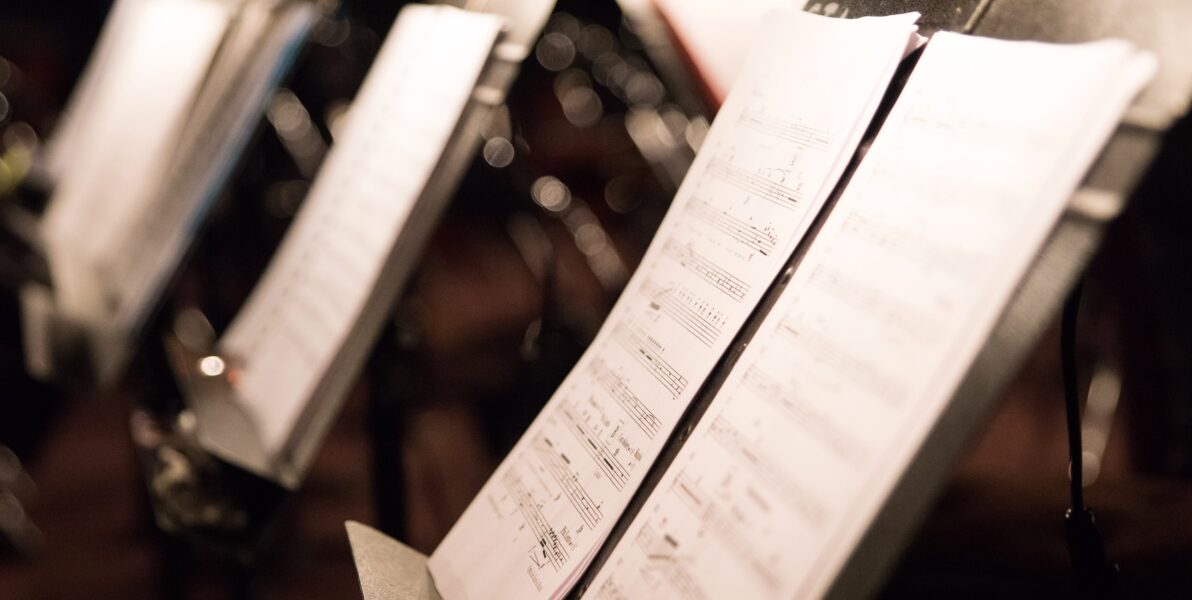Menu

Dame Emma Kirkby was indisposed and so unable to join her superb pianist, James Lisney, in the original planned recital. But we were very fortunate to welcome Lorna Anderson at very short notice with James Lisney to provide a very similar programme to the one planned.
There was disappointment as the audience gathered for Skipton Music's December Concert last Tuesday. Dame Emma Kirkby was again indisposed when due to appear here with pianist James Lisney. Fortunately it was possible to obtain the services of Lorna Anderson, another distinguished British soprano. Highly regarded on concert and recital stage, with a particular interest in early opera, she has sung with the Glyndebourne Touring Opera and appeared widely in this country, in continental Europe and further afield. The recital went ahead with a slightly amended programme.
Haydn wrote two sets of Six Original Canzonets with English words when visiting England in the 1790s. The recital began with a selection of five, delightfully introduced and interpreted by Lorna Anderson, complemented by James Lisney's understanding accompaniment.
Haydn's great Sonata No.52 in E flat displays "the heroic massiveness of his keyboard style", possibly surprising after his earlier works. Perhaps it did influence Beethoven. Certainly James Lisney gave an memorable performance, contrasting the E major Adagio and its variations with the outer movements in E flat - the Presto notably significant with its rushing, almost leitmotif figure.
Four Schubert songs followed after the interval, the essential partnership of voice and piano expertly judged in the gentle regret of 'Im Frühling', the search for an ideal world in 'Du bist die Ruh', then 'Ganymed' and lastly 'An Silvia', sung in English.
James Lisney played commanding and appreciated accounts of two impromptus – Schubert's in C minor, D899, and Chopin's in G flat, opus 51, before Lorna Anderson rejoined him. Together they closed the evening with the fun of William Walton's idiosyncratic settings of three poems from Edith Sitwell's 'Façade'.
Numerous empty seats no doubt reflected the rigours of the wintry evening, but those who made it left the hall warmed by an evening of fine musicianship.
Douglas Riddiough